
While politicians in Chisinau have noted the deep ties between the two Romanian states, experts also see the vote as a sign of Moldovans' concern for their own security and interest in maintaining their country's European path.

The pro-Russian parties have launched the campaign for the legislative elections that will take place in 2025 in the Republic of Moldova with disinformation, claiming that Maia Sandu is not a legitimate president. The stake: the European path of the country.

Russian propaganda, alongside politicians, publicists and clerics from the Republic of Moldova, has been promoting for years narratives regarding the threats to the identity and even the existence of Moldova and Moldovans.

The linguistic and identity issue has persisted throughout the Republic of Moldova’s 30 years of independence. The most important claim during the national liberation movement of 1988-91 – the recognition of the Romanian language as the official language and the fact that Moldovans are part of the Romanian people – was hijacked in the following years by politicians from the old communist nomenclature, who also succeeded to include in the Constitution the phrase “the Moldovan language” as the state language.

According to the Moldovan president, the Russian plan involves para-military units of foreign fighters, in civilian clothes, which would have attacked state institutions and taken hostages, the actions being masked by protests of the pro-Russian opposition.

The war still haunts the refugees, even though some left Ukraine months ago. The memory of Russian bombing is still alive for them. They speak all the time to their relatives back home, who give them regular updates on what’s happening. They keep thinking of going back home. A few tens of thousands out of the millions of Ukrainian war refugees chose to stay in the Republic of Moldova. Mariana Vasilache spoke to some of them at her childhood school, which is now their new home.

While the Kremlin backs the criminal opposition in Chișinău, which is trying to destabilize the Republic of Moldova in order to take power and discard any criminal investigation against itself, Russian propaganda touts the protests staged by Shor Party, the anti-Western statements of the former Socialist party and criticizes the current head of state, Maia Sandu. Veridica has reviewed the main narratives advocated by the Russian government media with respect to the Republic of Moldova.

Russian experts and the independent media have analyzed the state of the Russian Federation’s army, which is sustaining heavy losses in the war launched against Ukraine. They also write about the obsolete Soviet weapons used by the Russians, which produce casualties among both the civilian population and among the attackers themselves. They also discuss how the war has changed the media landscape in Russia.
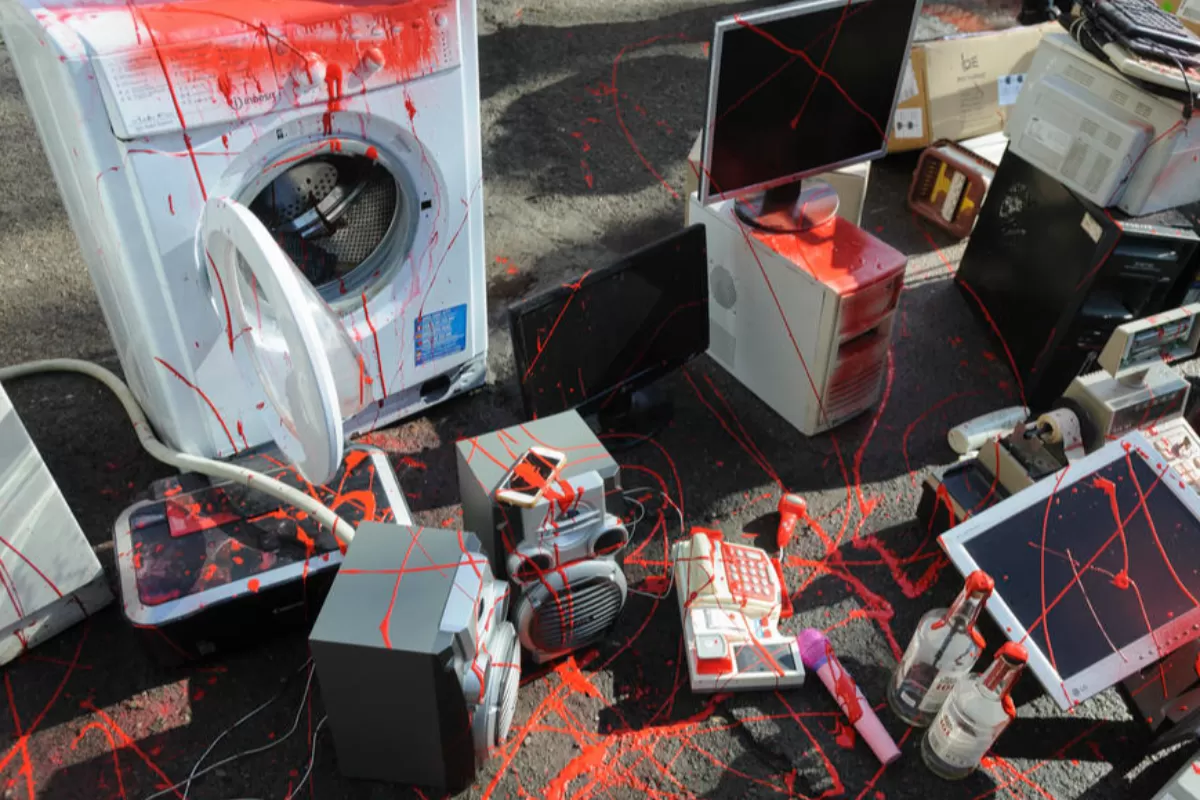
Despite measures taken by Moscow to secure a monopoly on information regarding the war in Ukraine, Russian independent journalists continue to cover this topic. Veridica has selected a number of press articles describing what is happening in Ukrainian oblasts under Russian control: how the Russian armed forces are abusing the locals, how men have started disappearing, how the new “military-civilian” administration is installed and who the key figures appointed as leaders of the newly conquered territories are.
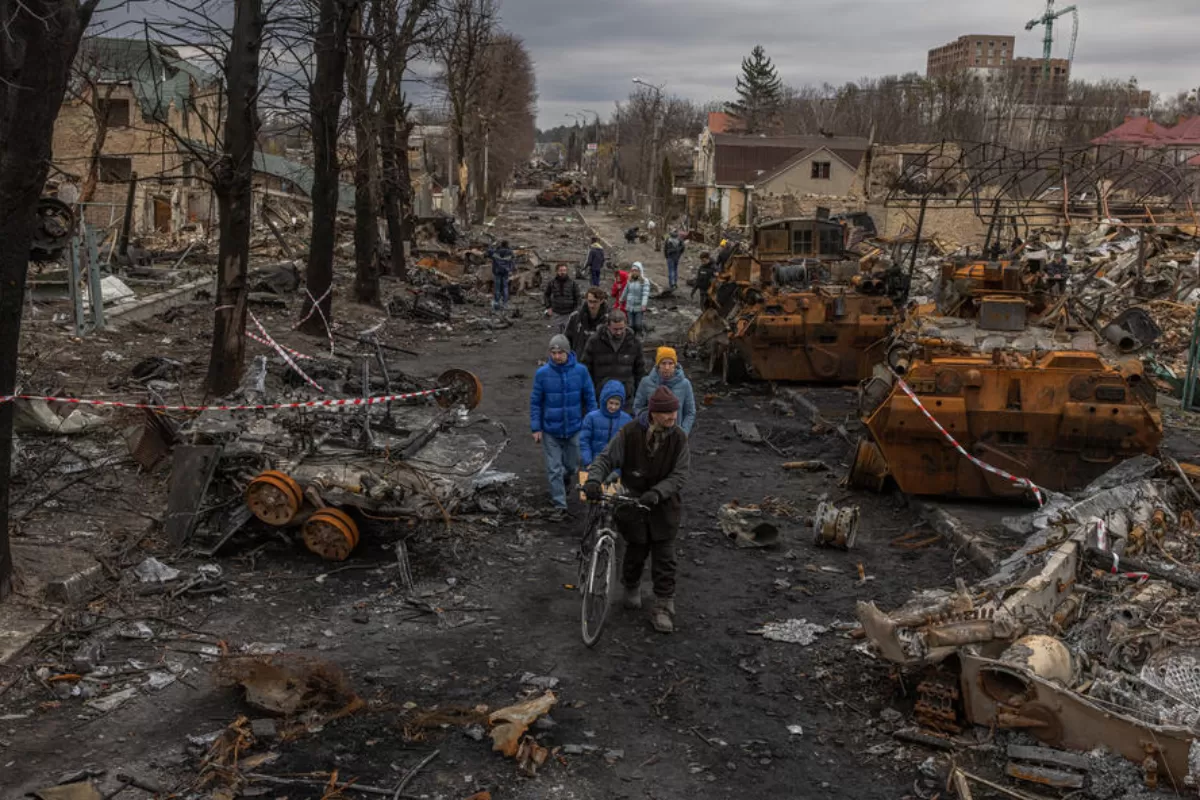
Russia, USSR’s successor, has carried over many of the latter’s myths under Vladimir Putin, particularly those regarding its might and military strength. These myths are deeply ingrained in the collective mindset of people in ex-Soviet space. Still, the invasion of Ukraine has started shattering many of these myths, including those about the victorious army, the liberating soldier and the brotherhood of people.

The Proekt team, declared an undesirable organization in the Russian Federation last year, returns with an extensive investigation into Vladimir Putin's health problems. The Insider writes how, before being assassinated, the politician Boris Nemtsov was pursued by FSB agents later involved in the poisoning of Alexei Navalny. Russian publicists are also pondering the chances of Putin being tried by the Hague Tribunal for war crimes.

Viruses synthesized to target certain populations and areas transported by birds instead of missiles, an army of Satanists fighting on the side of Ukrainian forces and “delicate” bombings carried out by the Russian army – these are some of the weirdest narratives launched by Russian propaganda after the invasion of Ukraine.
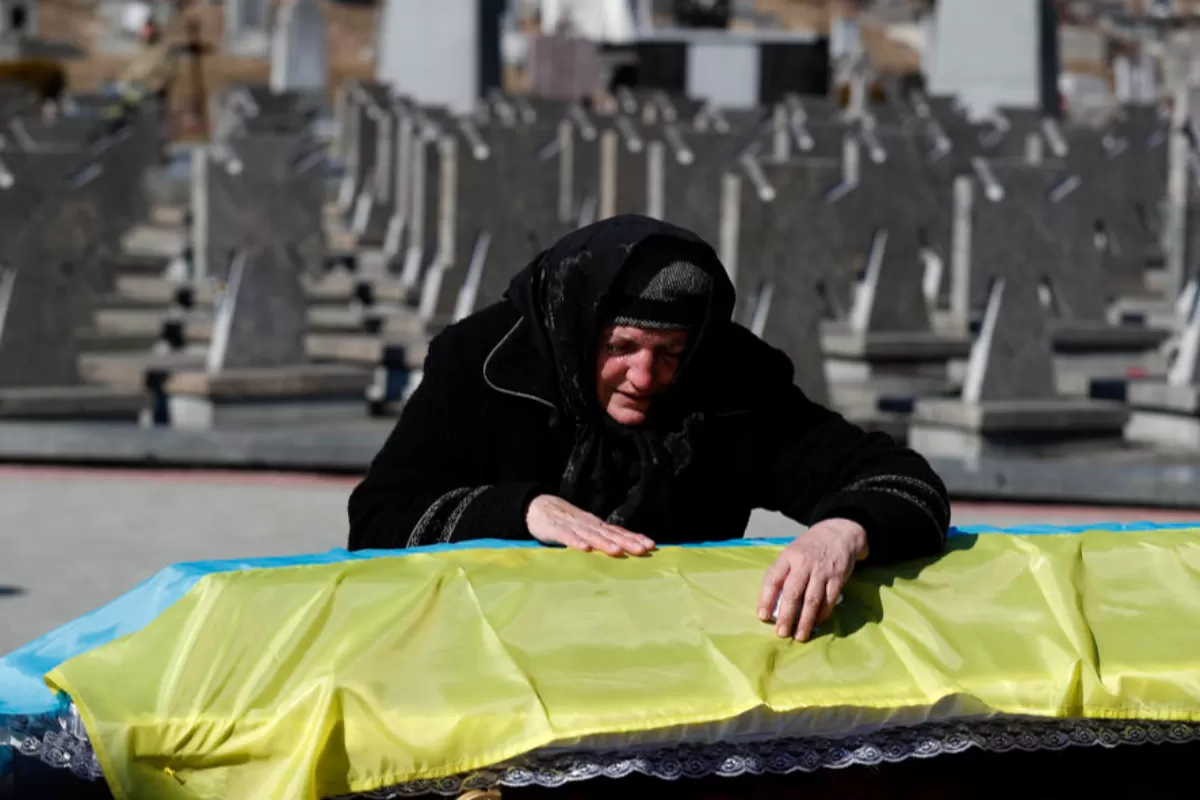
In the articles selected this week by Veridica, journalists are calling on their peers who sided with the Putin regime to tell the truth. They describe how war is being presented in schools across Russia and argue that information justifying the Russian aggression in Ukraine was introduced in school curricula a few years back.

Among those, the obsession for imaginary “Nazis”, labeling anyone opposing Kremlin policy “traitors”, and criticism against the so-called LGBTQ “ideology”
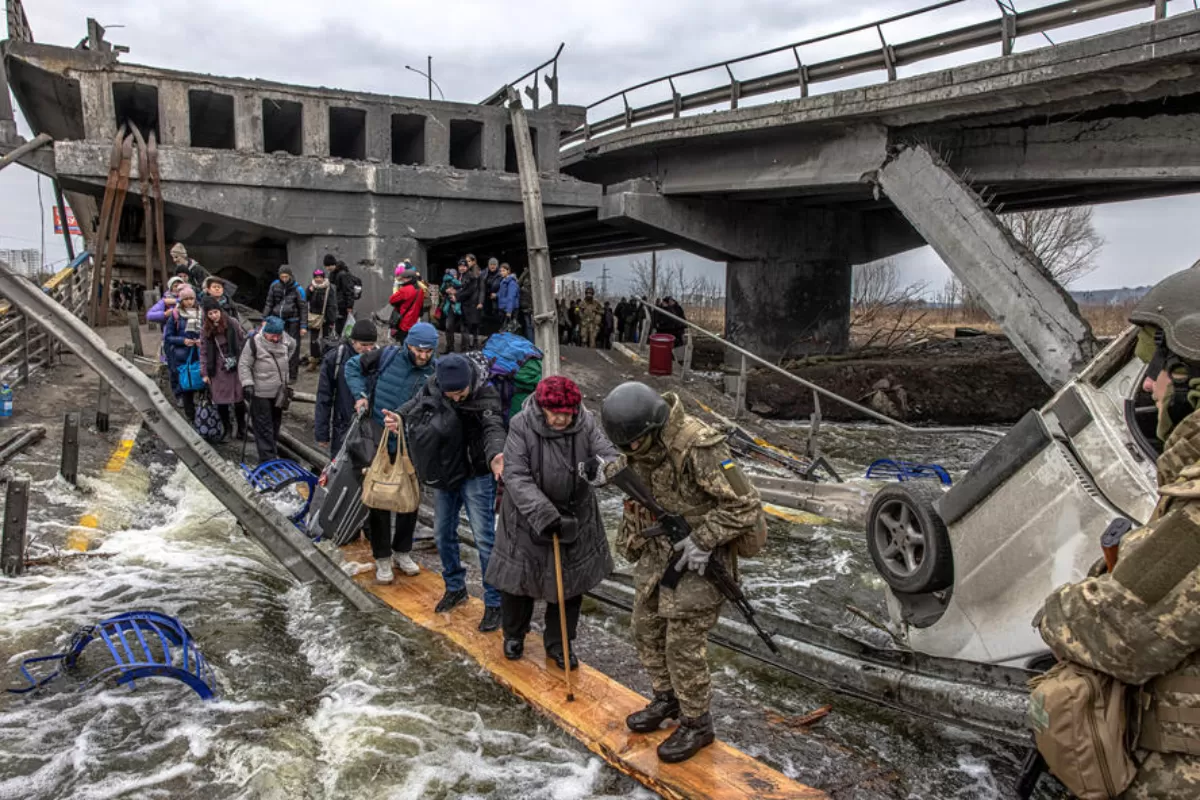
With the outbreak of war in Ukraine, the Kremlin has tightened its grip on information reaching the Russian public. The little independent press that still existed and was trying to provide information about what was really going on in Ukraine was practically silenced. Veridica flipped through independent media articles published just before total censorship was installed in Russia.

Despite the government's censorship and the triumphant image of the war that the Kremlin sells to the public, the Russian independent media is trying to accurately report on both what is happening on the ground and the possible consequences of Vladimir Putin's war.
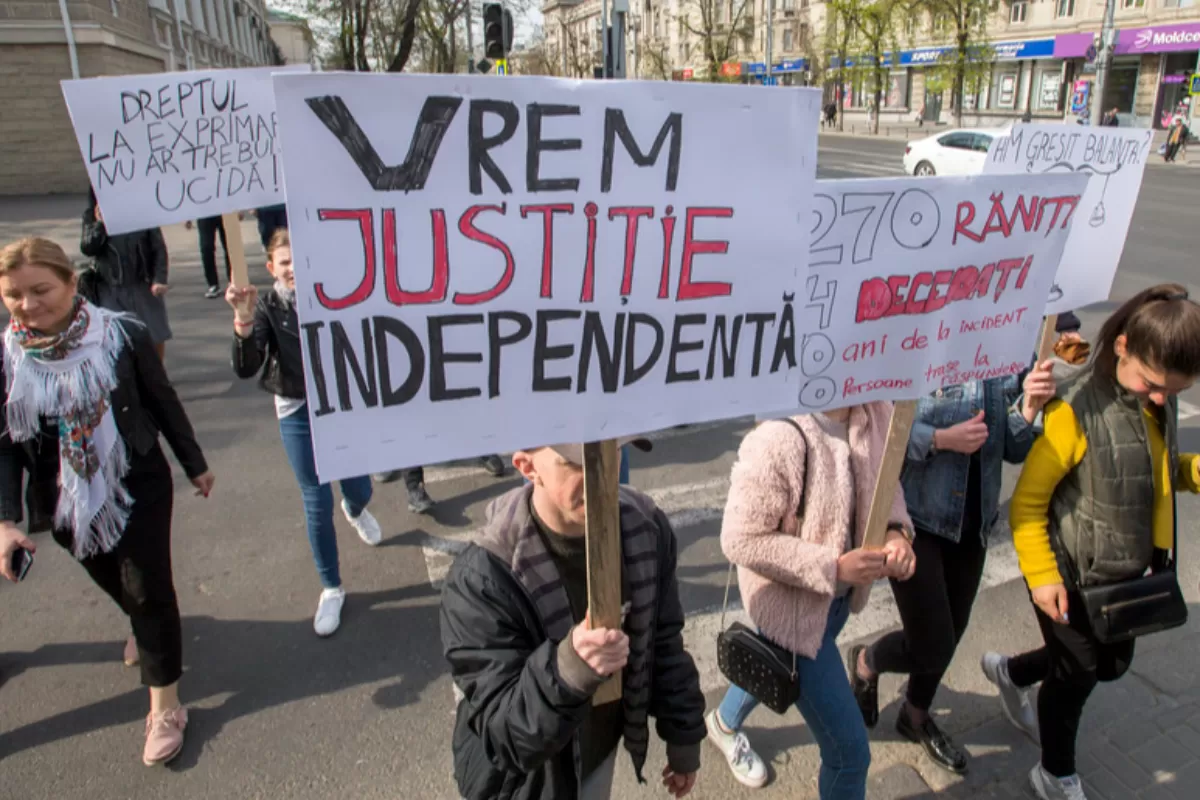
The Prosecutor General of the Republic of Moldova was arrested on October 5 for corruption. This is the latest in a series of scandals over this institution. Will it mark the true beginning of judicial reform, or are we dealing with a new stage in the war over the control of a vital institution?

30 years after the proclamation of independence in the Republic of Moldova, the country still faces identity issues. Society is divided between those who describe themselves as Moldovans, Moldovan speakers – a tribute to Soviet legacy – and those who consider themselves Romanian and speak Romanian, those who feel they belong to the Russian world, and those who look towards Romania and the European Union.